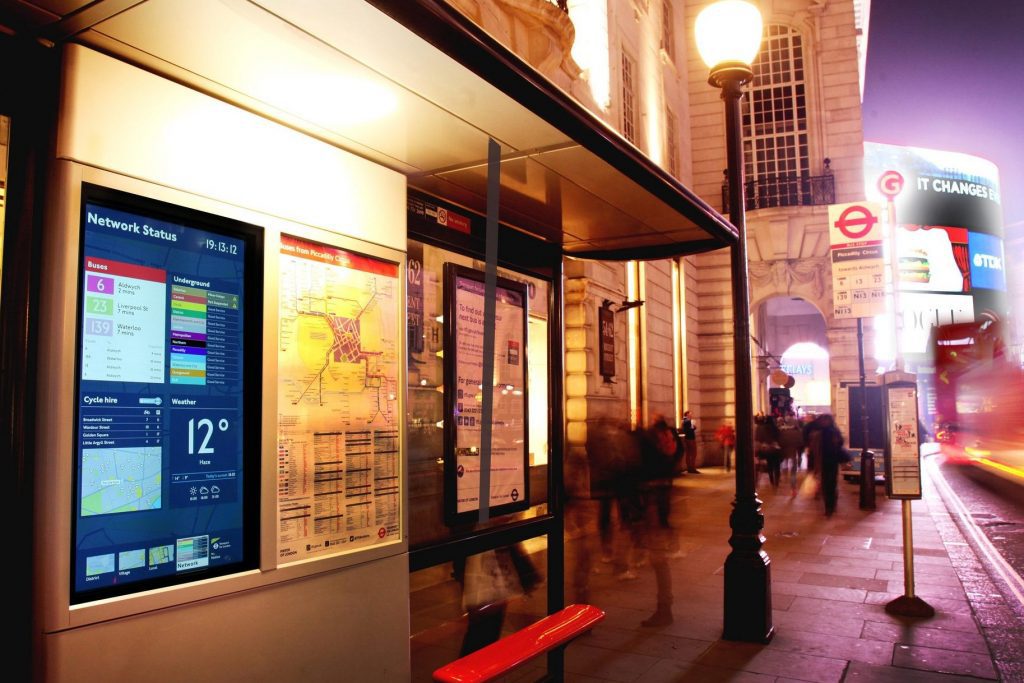Smart Cities Need Open Data and a Willingness to Test and Learn

Skift Take
Open data platforms and the desire of a new generation of leaders are helping to transform many "dumb," or developing, cities across the world into smart ones.
Transportation was one of the first areas companies focussed on, resulting in the launch of apps such as Citymapper, which have made navigating cities much easier.
With all this data, you’d think it would be easy for companies to help solve city-wide problems? Not always.
Minerva Tantoco, the former chief technology officer of New York City, said the key thing to remember about the early days of digital was not about the technology but about identifying the problem in the first place.
Tantoco, who was speaking on a panel during London Tech Week on Monday, was one of the drivers of New York’s use of global positioning systems (GPS) on buses to prioritize public transport at intersections. This initiative, she said, cut public transit commute times by 20 percent in some cases.
“So that was a very real problem, we used some cool tech but it was all about making the public commute much easier,” she said.
The problem was commute times on buses, and technology was used to help solve it.
For Tantoco, prototyping and piloting are key to testing new programs or initiatives. She said that “most governments don’t really know how to do that very well” and that it was an area where the private sector had plenty of expertise. Tantoco also said that community engagement was crucial in getting ideas across to the public.
“[It’s] absolutely, absolutely essential, especially if you’re putting technology out on the city streets. People are very concerned about privacy and security,” she said.
FliIn the coming years as the Internet of things helps make cities smarter, privacy and security issues are only going to grow.
Citymapper's bus trial
Citymapper has been one of the big winners of the open data revolution and its navigation app is now in 39 cities across the world.
Omid Ashtari, president and head of business at the company, said that it was important that the public sector embraced the idea of failure at least on a small scale, a belief that many technology companies have come to embrace.
“If we’re going to solve the big problems we need to try things out on a small scale,” he said.
Ashtari, who was on the same panel as Tantoco, also believes that while regulations can be good, many are out of date and “are getting in the way of doing interesting things.”
The company, which is based in London, recently stepped out of the digital world and into the actual transportation network by running a trial bus service in conjunction with Transport For London, the local government body responsible for transport in the capital.
The experiment used a smaller-than-usual bus on a set route to test some of its theories about transport efficiency. The company feels that buses haven’t evolved and “still roam around cities utilising old systems of operations and inefficient technology.”
“This is one of those examples where we’re saying that the public-private partnership is really important to try things out, learn from them and hopefully launch something more wide scale,” said Ashtari.
London's smart city status
London has long been a leader in open data, especially in transport, and it is one of the reasons why companies such as Citymapper have been able to flourish. In recent years, this has been combined with a push from authorities to promote London as tech hub to rival the likes of Silicon Valley and Berlin.
This reputation took a bit of a hit following last year's Brexit vote, particularly because of the reliance on talent from the rest of the European Union. Currently, anyone from another member state is free to move to London to start a business. Freedom of movement is likely to end once the UK leaves the European Union and that has plenty of people worried, not the least being London Mayor Sadiq Khan. He used his address at London Tech Week to try and reassure people.
“Rest assured no matter what happens with Brexit, London will always remain open to talent, open to collaboration and open to international partnerships," he said.
London's reputation as a leading smart city is, however, likely to be boosted by the arrival of its first chief digital officer.
The new hire "will be tasked with ensuring that London’s globally renowned reputation for technological innovation is used to transform the way that public services are delivered in London, making them more accessible, efficient, and better suited to the needs of Londoners."




